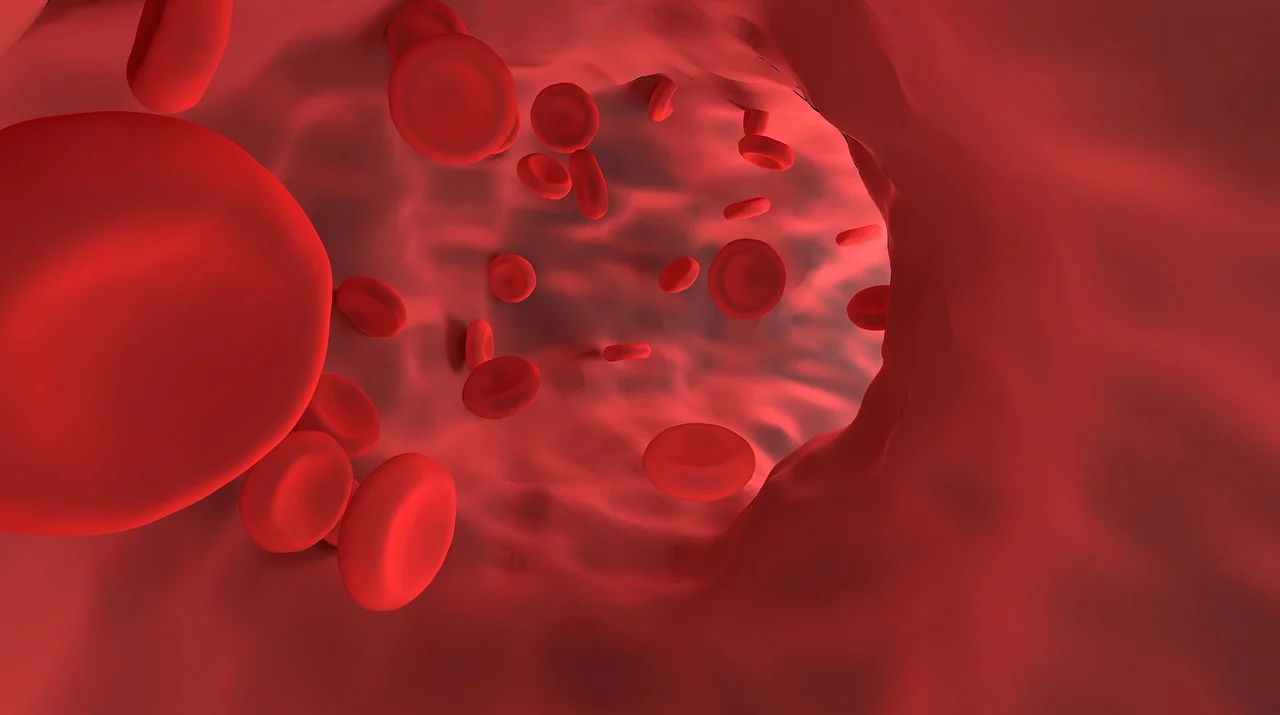About 10 million people in the United States have low iron levels, and approximately 5 million have been diagnosed with iron deficiency anemia. As an active, busy person, you know how important your daily energy levels are to accomplishing everything you need to get done.
Iron plays an essential role in producing hemoglobin, the protein in your red blood cells that carries oxygen throughout your body. Restoring your iron levels to normal through daily supplementation helps you in various ways.
This article will explain why iron supplementation should be part of your self-care plan.
1. Boost Your Hemoglobin
Low iron levels make your body unable to produce enough hemoglobin, leaving you tired and weak. Supplementing with iron helps boost your hemoglobin production, increasing your energy levels.
The recommended daily iron intake varies by age, sex, and health conditions. Most premenopausal women need 18 mg daily, while men only need 8 mg. However, if you have low iron levels, your doctor may recommend higher dosages to help build back your stores.
The good news is, Fefol has the right iron supplementation to boost your hemoglobin, fight fatigue and reclaim your energy and vitality. These supplements come in tablet or capsule form and are readily available to take on each day.
2. Helps Normal Cognitive Function
Iron is necessary to produce neurotransmitters – the chemical messengers in your brain that transmit signals between neurons. Neurotransmitters like dopamine, norepinephrine, and serotonin are involved in attention, memory, mood, and other cognitive functions.
Adequate iron intake is crucial for normal brain development in children and for maintaining cognitive abilities in adults. Supplementing with iron helps ensure enough of this mineral for proper brain and cognitive health.
Studies show iron supplementation in children and adolescents improves cognitive performance, especially on tasks requiring attention and concentration. Additionally, iron treatment has been found to normalize cognitive functioning for women of childbearing age.
3. Reduce Tiredness and Fatigue
Without enough oxygen, your tissues and organs can’t function properly, leading to fatigue and low energy. Studies show iron supplements can significantly boost hemoglobin levels, especially in those with iron-deficiency anemia. More red blood cells mean more oxygen is delivered, helping combat fatigue and improving energy levels.
Lack of sleep is a common cause of fatigue and low energy. Iron is essential for producing neurotransmitters in your brain that regulate your sleep-wake cycle. Supplementing with iron may help you get the high-quality, restorative sleep you need to feel energized and alert during the day.
4. Promote a Healthy Pregnancy
When you’re pregnant, your body makes extra red blood cells to provide oxygen for your baby. An iron supplement helps prevent anemia, so you have the energy to handle the physical demands of pregnancy and childbirth.
Aside from that, iron is essential for the growth and development of a baby’s brain and other organs during pregnancy. If you don’t get enough iron, your baby may be at higher risk of preterm birth or low birth weight. An iron supplement, especially during the second and third trimesters, helps ensure your baby gets the iron needed for healthy development in the womb.
5. Supports Muscle Growth
Iron is important in muscle protein synthesis, building new muscle tissue. Several enzymes and proteins involved in synthesizing muscle require iron to function properly. Supplementing with iron ensures your body has enough to support muscle building at a cellular level.
Iron supplementation is even more important for active individuals and athletes. Exercise accelerates the breakdown of red blood cells, which can deplete your body’s iron stores if you’re not consuming enough in your diet. Taking an iron supplement, especially before and after workouts, helps offset iron losses from exercise and maintains adequate levels for muscle gain and endurance.
Who Should Take Iron Supplements?
Certain groups are more prone to iron deficiency and should consider daily iron supplements to support healthy energy levels.
1. Pregnant Women
Pregnant women especially need adequate iron intake to support the healthy development of their babies. The recommended daily iron intake is 27 mg, which is difficult to obtain from diet alone. Most prenatal vitamins contain iron, but some women may need an additional supplement.
After delivery, continued iron supplementation aids recovery and helps replenish blood loss from delivery. While breastfeeding, your daily needs remain higher. So continue taking your prenatal vitamin with iron for as long as you breastfeed to maintain your health, energy, and mood.
2. Infants and Young Children
Infants and young children have high energy demands to support growth and development. Iron supplements can help ensure they get enough of this essential mineral.
Infants generally need additional iron starting at six months of age when their iron stores from birth start to deplete. Breast milk alone may not provide enough iron for an infant at this age. Iron-fortified baby cereal and pureed meats are good sources of iron for infants.
Similarly, a balanced diet with iron-rich foods like red meat, poultry, fish, beans, and iron-fortified cereals should provide enough iron for toddlers and young children.
3. People Diagnosed with Gastrointestinal Disorders
If you’ve been diagnosed with a gastrointestinal disorder like irritable bowel syndrome, Crohn’s disease, or ulcerative colitis, your body may have trouble properly absorbing nutrients from your foods. A daily iron supplement can help combat this and support your energy levels.
For those with GI disorders, the typical dietary sources of iron, like red meat, poultry, and leafy greens, may trigger unpleasant symptoms. Iron supplements provide an alternative way to get the iron you need without distressing your digestive system.
The most common forms are ferrous sulfate, gluconate, and fumarate. Your doctor can determine which type and dosage is right for you based on your condition and iron levels.
Prioritize Your Health Through Proper Nutrition
You only have one life to live, so make the most of each day by maintaining your energy levels and overall health. While eating a balanced diet with plenty of iron-rich foods is ideal, an iron supplement can help support vitality and well-being for some.
Don’t underestimate the power of essential minerals and nutrients. Something as simple as an iron supplement can have significant and long-lasting benefits for your energy, focus, and quality of life when needed.


